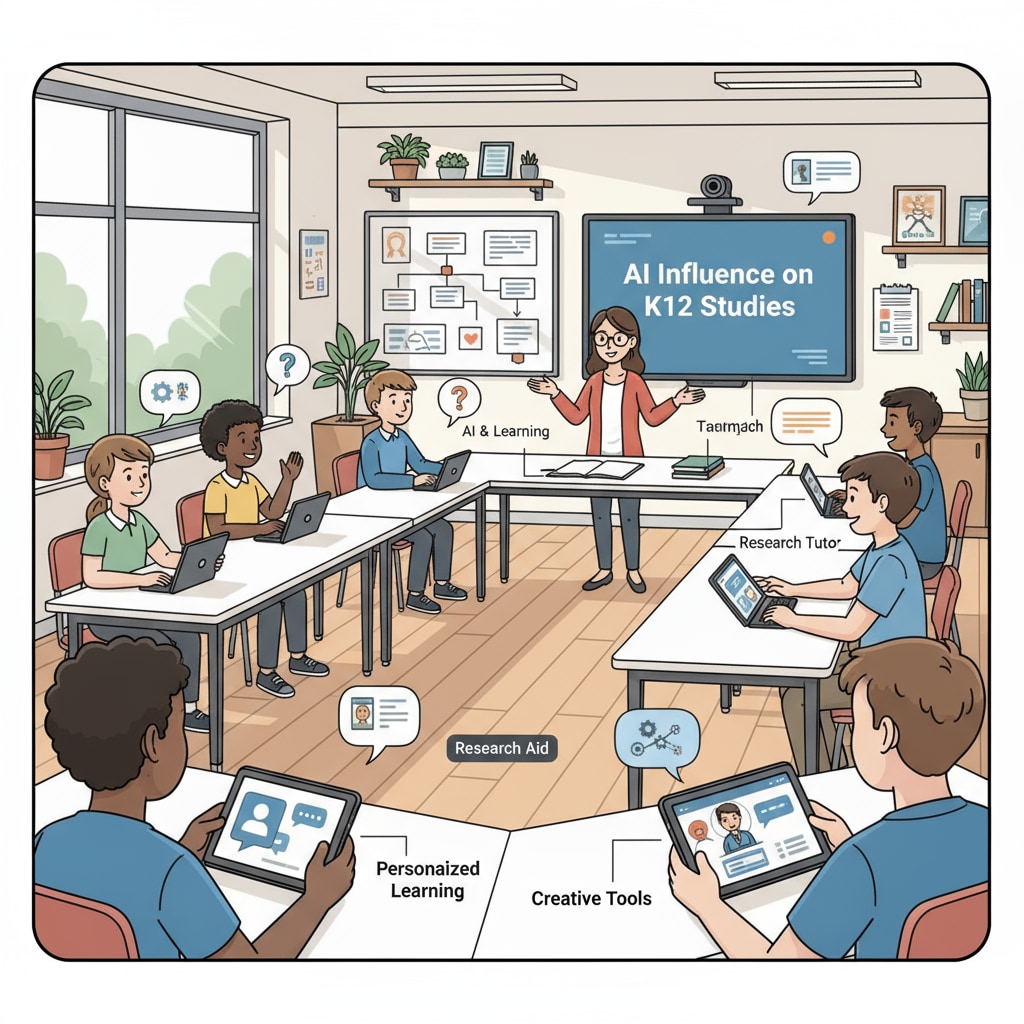The advent of artificial intelligence has brought about a wave of transformation in various sectors, and education is no exception. In the context of K12 education, the integration of AI has raised significant concerns regarding AI policies, academic integrity, and skill value. As these intelligent tools become more accessible, it’s crucial to understand their implications and find ways to navigate this new terrain.

The Impact of AI on K12 Education
AI has introduced both opportunities and challenges in the K12 educational environment. On one hand, it offers personalized learning experiences, enabling students to receive tailored instruction based on their individual needs. For example, AI-powered tutoring systems can identify areas where a student is struggling and provide targeted support. However, this technological advancement also brings problems. There is a growing concern about academic integrity, as students might be tempted to use AI tools to complete assignments or exams without truly understanding the material.

Challenges to Academic Integrity
The use of AI in academic tasks has blurred the lines of what is considered honest work. With the ability of AI to generate essays, solve math problems, and even create art, it’s becoming increasingly difficult to determine if a student’s work is truly their own. Teachers are now faced with the arduous task of detecting AI-generated content. This not only undermines the value of hard work and learning but also poses a threat to the fairness of the educational system. As stated on Academic integrity on Wikipedia, maintaining academic integrity is fundamental to the educational process.
Reevaluating Skill Value
Another aspect to consider is the impact of AI on the skills that are traditionally valued in K12 education. As AI takes over tasks such as rote memorization and basic problem-solving, educators need to reevaluate what skills are most important for students to develop. Critical thinking, creativity, and the ability to collaborate are becoming even more crucial. These skills are not easily replicated by AI and will be essential for students to succeed in the future job market. According to Education on Britannica, the focus of education should adapt to the changing technological landscape.
To address these issues, schools need to develop comprehensive AI policies. These policies should clearly define the acceptable and unacceptable uses of AI in the academic environment. Additionally, educators should incorporate lessons on digital literacy and ethical use of technology into the curriculum. By teaching students about the proper use of AI, we can empower them to make informed decisions and uphold academic integrity.
Readability guidance: The article uses short paragraphs to convey ideas clearly. Each H2 section presents a distinct aspect of the issue. Lists could be used further to summarize key points. The passive语态 is kept to a minimum, and transition words like ‘however’ and ‘additionally’ are used to enhance flow.


